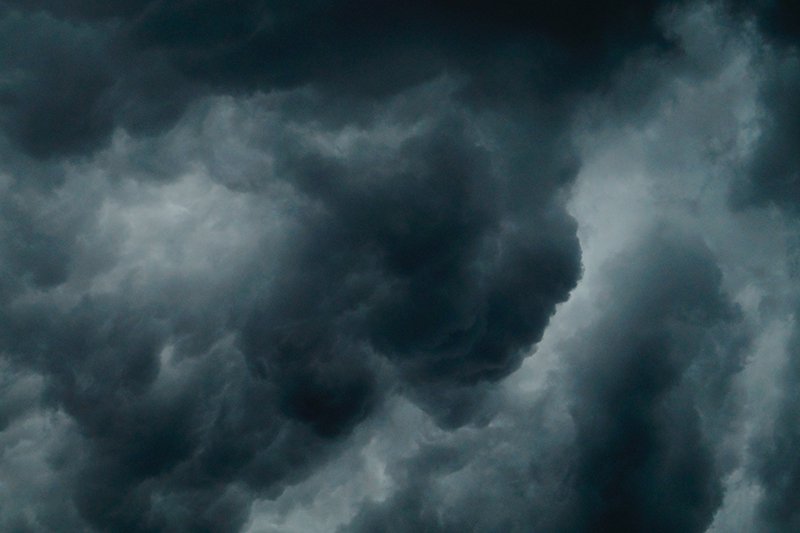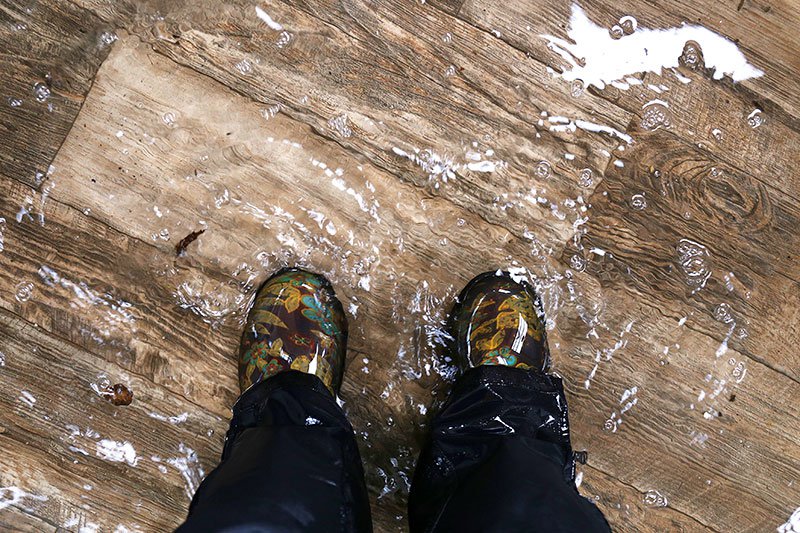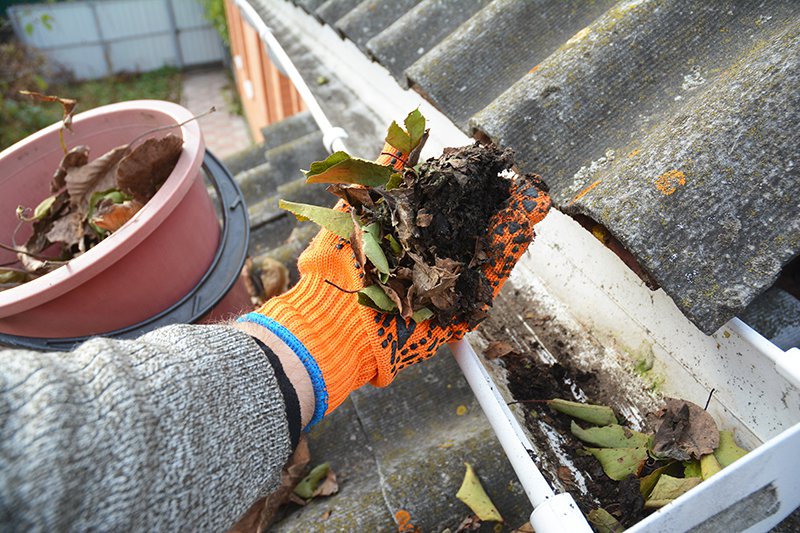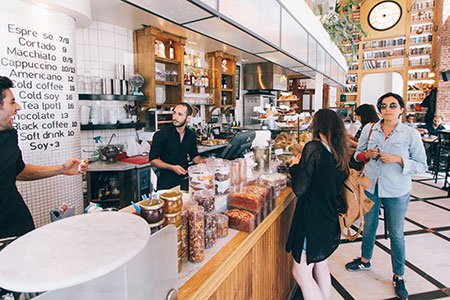Common holiday home insurance claims and how to avoid them
By MAS Team | 29 November 2018
By MAS Team | 29 November 2018
Last updated 29 December 2022
At MAS we deal with our Members' home insurance claims on a daily basis. These range from relatively minor claims like broken windows, through to much larger claims like fire or flood damage. With the holiday season fast approaching, take a moment to think about how to avoid issues that could ruin your holiday fun.
We've been digging through our data to identify the most common claims for holiday homes, and it’s revealed they are most vulnerable to burglary, storm and water damage. In some cases, water damage goes unnoticed for weeks or months with devastating effects.
We've come up with a few steps that will help to keep your property safe and secure.
Kiwis are often accused of being weather-obsessed, but as an island nation we get buffeted from every direction and it can take a serious toll on our homes. As climate change continues to have an increased impact on our country and environment, this makes it more important than ever to protect our homes and belongings.
In 2021, the number of storms, floods and other instances of wild weather was 175% higher than what was recorded 10 years ago, and storm damage now accounts for 29% of holiday home insurance claims at MAS. This shows that there is a higher frequency of storms now, and their impact has become more severe.
While you can’t change the weather, you can make sure your holiday home is well-maintained and prepared for the worst of it. Put garden furniture and barbecues inside when you leave, tie trampolines down, and clear out your gutters and drains on a regular basis.

Burst pipes are one of the most common culprits for holiday home insurance claims, and the payouts for water damage can be eye-wateringly high. As always, prevention is better than cure, and it pays to regularly check all pipework and plumbing. Make sure your water supply is turned off when you leave your property between breaks too.
Make sure that guests and neighbours know the location of your toby, or water shut-off valve, in case of an emergency. If you don't know where your toby is, check your local council website.

Holiday homes make tempting targets for thieves, as they’re often empty for long periods of time. Holiday homes are also seen as a target when they are occupied too, as burglars are opportunists. When items are left out while being used, they can easily be stolen. Even simple security steps will make a big difference and help protect your holiday home while you’re away.
Fitting door and window locks will deter criminals, and having a visible alarm system will give you even more peace of mind when locking up the bach. Think about purchasing some cheap timers which can connect to lamps and turn on in the evening, giving the illusion of someone at home. If you want to step up your security, smart home technology can pre-programme lights to switch on and off, and even control blinds and garden irrigation.
As another safety measure, if you’ve had tradespeople in since your last stay, consider changing the lockbox number if you have one.
Getting to know your neighbours has many benefits. Friendly neighbours can be asked to keep an eye on your property and can prove invaluable in case of an emergency. Close, tight knit communities where everyone looks out for each other are also less likely to be targeted by burglars and vandals.
Remember to give your neighbours a contact number so they can contact you if they see any suspicious behaviour on your property, and give them a heads up if you have any guests staying at your home.
Even if you don’t visit your holiday home very often, you do need to keep on top of simple repairs such as leaks, holes and any general wear and tear, as home insurance will only cover your home for damage caused by sudden or unforeseen events.
A good motivation is knowing that a well maintained home will cost you less in the long run.

Motor vehicle insurance claims always increase during the holiday period, when we’re travelling on unfamiliar roads, often on the way to the holiday home that you visit a few times a year. Take extra care and have rest stops often, to make sure you arrive and return safely.
Holiday homes come in all shapes and sizes, and whether you have a classic Kiwi bach on the beach or a home by the ski field shared by your whole whānau, these tips can help safeguard your holiday home from some of our most common claims.
It’s important to make sure you have the right level cover in place for the value of your property. If you renovate your holiday home and add value to it, you’ll need to adjust your cover accordingly, otherwise those new additions may not be covered and you could risk being underinsured.
Take the stress out of this holiday season, by checking that your house insurance and contents insurance policies are up to date - add these to the top of your to-do list.

19 September 2022
So far, this year has been a painful one for investors, but that won’t always be the case. Don’t allow the fear of loss or inertia prevent you from making important decisions about your KiwiSaver account.

26 July 2022
Money, we are told, is the root of all evil. But it also makes the world go round. So can we make the world go round a little better by changing what we do with our cash?

4 August 2021
If you're in your 20s, your future retirement probably isn't a big priority, but thinking about it and starting to save then means you're more likely to be set up when the time comes to stop working.